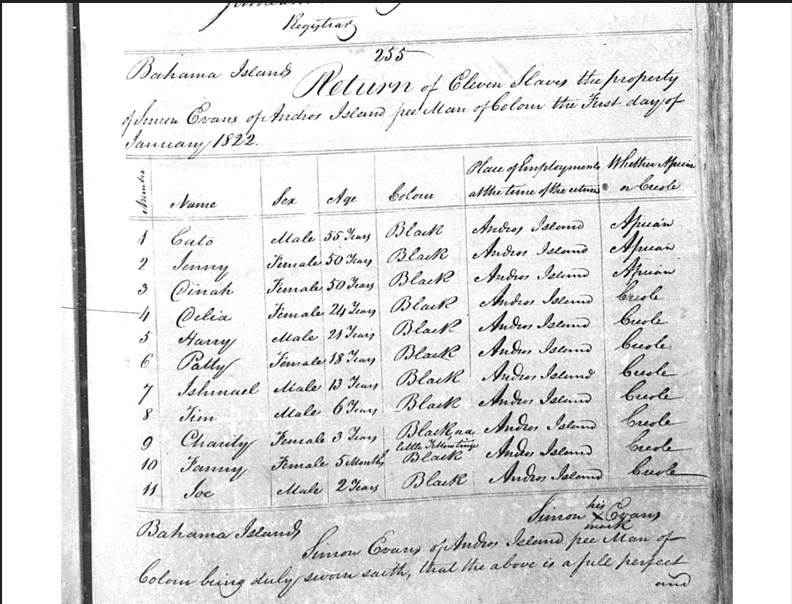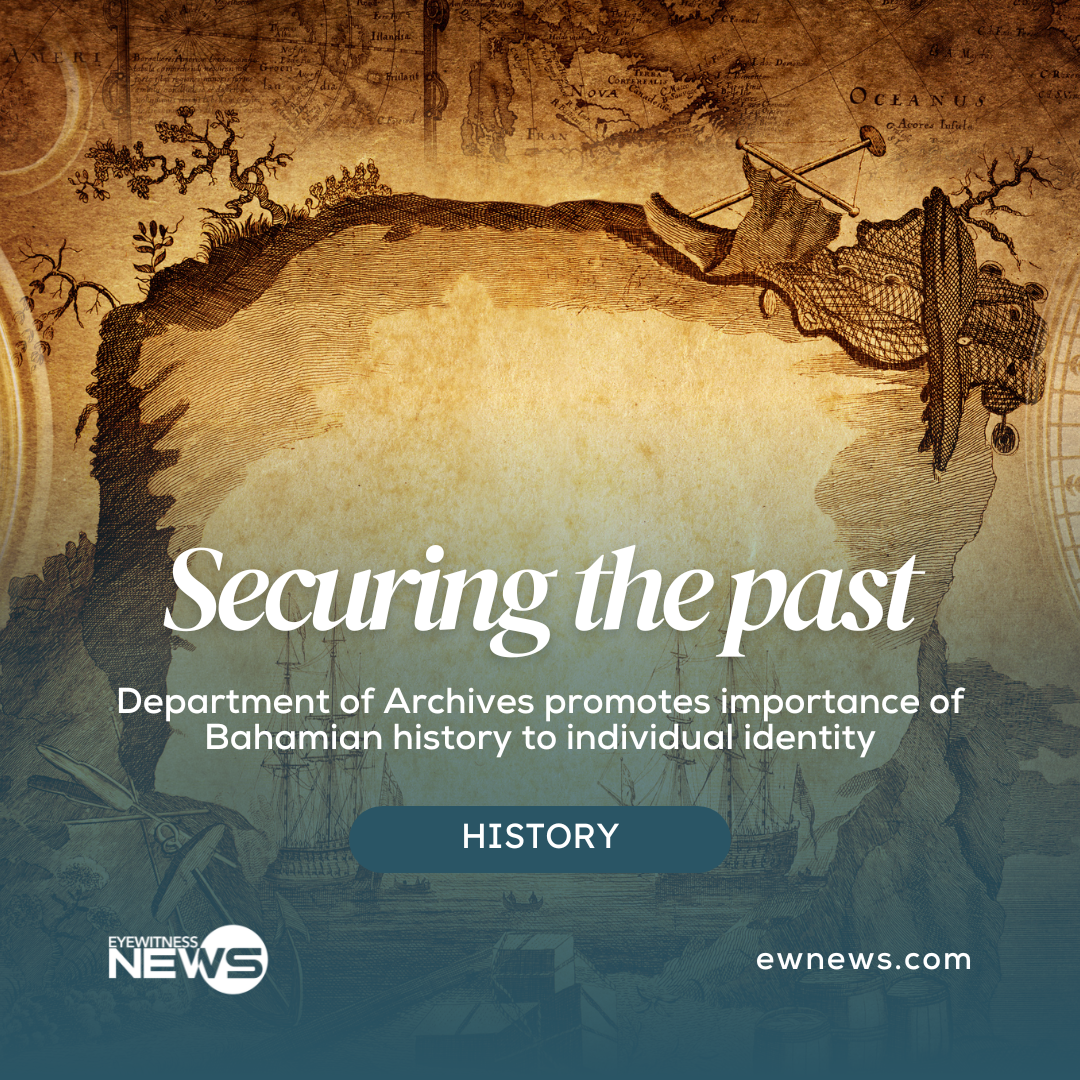
NASSAU, BAHAMAS — Labels placed on Bahamians by other colonial countries and tourists are sometimes volatile enough to be affected by a single negative report. However, the Department of Archives is encouraging Bahamians to take ownership of their identity using the historical resources stored within its walls.
“The Archives hold the collective memory of the nation,” affirmed Patrice Williams, who leads the Department. She emphasized the institution’s ongoing commitment to educating the Bahamian populace about the significance of their historical and cultural heritage.
Formerly known as the Public Records Office, the Department of Archives was established under the Public Records Act in December 1971 with the primary objective of safeguarding government documents. Situated on Mackey Street, it has gathered, preserved, and made accessible a wealth of historical records to all Bahamians, including invaluable public documents such as birth, marriage, death, census, land, and estate records.
The Department has even meticulously conserved slave records spanning nearly two centuries; Through them, many Bahamians can trace their surnames to the roster of slave owners, shedding light on a legacy rooted in the colonization of African history.
As Williams sees it: “It’s always important to know where you came from; a people without a history is not going anywhere.” She believes Bahamians should confront an uncomfortable past to forge a collective identity free from colonial interference.
By safeguarding the nation’s ancestral records, the Department of Archives plays a pivotal role in enlightening the public about the significance of understanding their history. Its endeavors support the idea that self-identifying may be better than acquiescing to labels imposed by external influences or perspectives.






